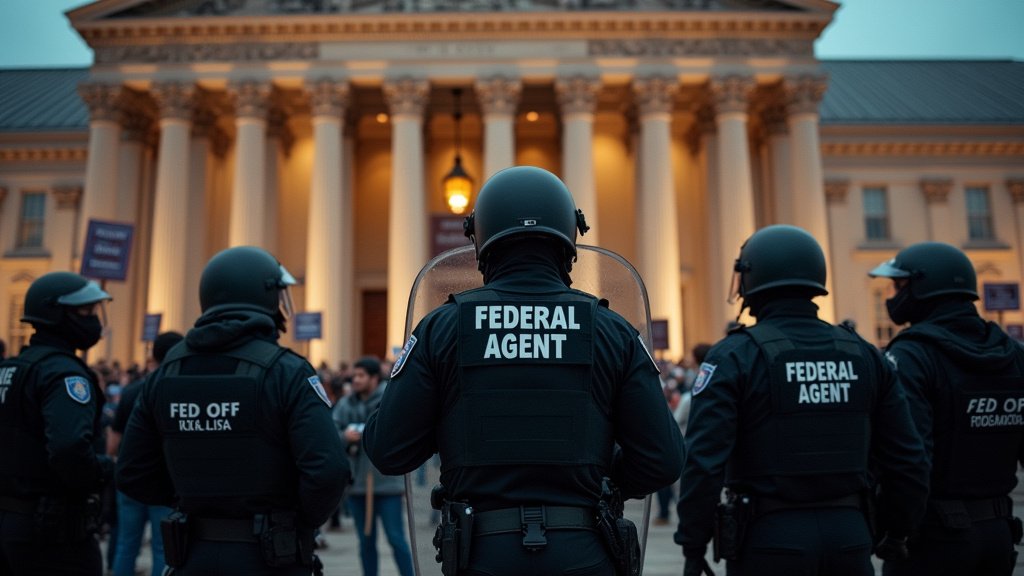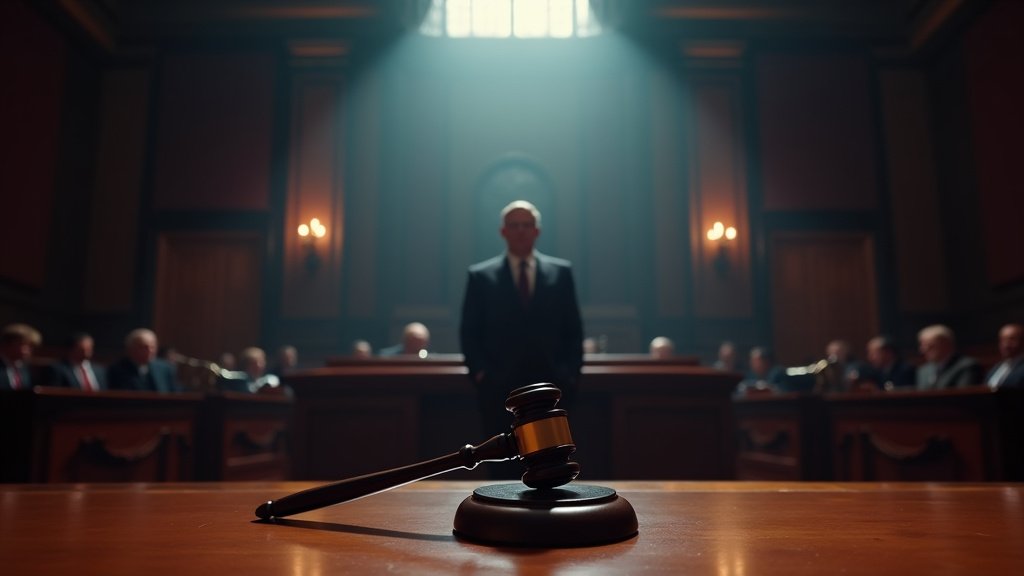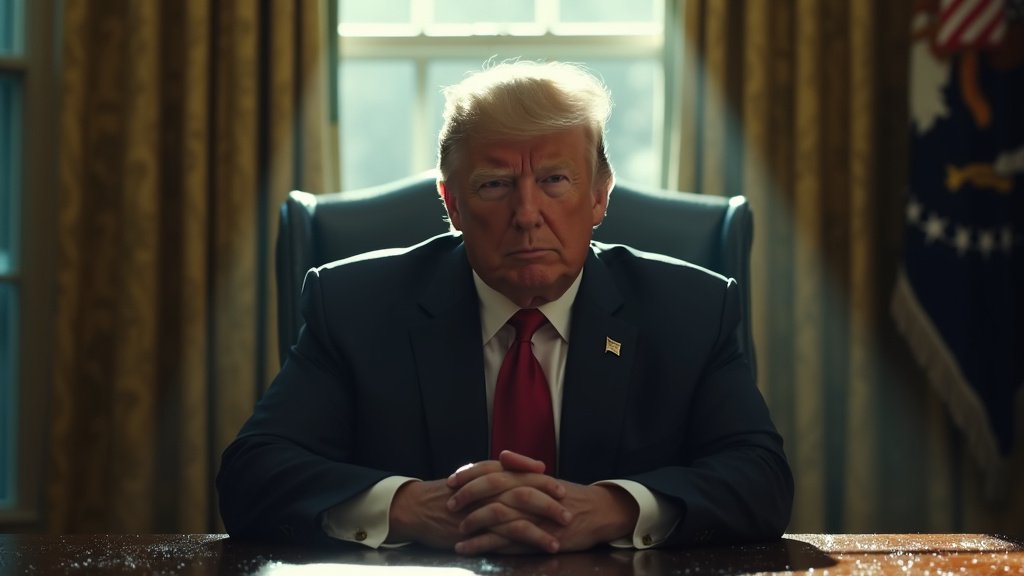A new national survey reveals a pervasive sense of pessimism among the American public regarding the current state of politics in the United States, a sentiment particularly pronounced among Democrats.
According to the AP-NORC poll, a significant majority of adults, 59%, express little optimism about the nation’s political landscape. This widespread gloom extends beyond the immediate political climate, encompassing doubts about the long-term viability of political parties and the fundamental system by which political leaders are chosen.
The Stark Divide in Party Outlooks
While pessimism is widespread, the poll highlights a notable divergence in outlooks between Democrats and Republicans. Democrats register significantly higher levels of pessimism across various measures compared to their Republican counterparts.
Only a meager 35% of Democrats reported feeling optimistic about the future trajectory of the Democratic Party. This figure represents a substantial decrease from a July 2024 poll by AP-NORC, where 57% of Democrats held an optimistic view of their party’s future. This sharp decline suggests a deepening despondency within the party base.
Furthermore, the poll indicates that approximately 7 in 10 Democrats are pessimistic about the overall state of politics in the country. This marks an increase from 60% who expressed similar sentiments in the summer of last year, suggesting a worsening perception of the national political environment among Democrats over the past year.
Regarding the mechanics of American democracy, 55% of Democrats feel pessimistic about how leaders are selected under the U.S. political system. This percentage is also up from the previous summer, a period during which Joe Biden held the presidency.
Republican Sentiment: Less Pessimistic, Growing Optimism for Party
In contrast to Democrats, Republicans generally exhibit lower levels of pessimism, although a substantial portion still harbor negative views on the state of politics. Importantly, Republicans have shown a slight increase in optimism concerning the future of their own party, the Republican Party.
The poll found that 55% of Republicans now express hope or optimism about the future of the Republican Party, an increase from 47% who felt this way in the July 2024 survey. This uptick suggests a potential shift in confidence among Republicans regarding their party’s prospects or direction.
While optimism for their party is growing, half of Republicans (50%) remain pessimistic about the general state of politics in the United States. However, this figure represents a notable decrease from 73% who were pessimistic last July, indicating that while still a significant portion, fewer Republicans feel as negatively about the broader political climate compared to a year ago.
Shifting Overall Public Sentiment
The AP-NORC data also provides insight into the shifts in overall public sentiment regarding politics over the past year. While still high, overall public pessimism about the state of politics has decreased slightly from 66% in the July 2024 poll to the current 59%.
Similarly, overall public pessimism specifically concerning the method of choosing leaders under the U.S. system has also fallen, dropping from 47% last July to 40% in the most recent survey.
Implications of Widespread Distrust
The findings from the AP-NORC poll underscore a deep-seated unease within the American electorate regarding the functioning and future of their political system. The particularly acute pessimism among Democrats suggests a response possibly tied to current political dynamics or perceived challenges facing their party and the country.
The poll’s results highlight the formidable challenge facing political leaders across the spectrum: rebuilding public trust and fostering a sense of efficacy in the political process amidst widespread doubt and disappointment. The significant percentages reporting pessimism about the future of political parties and leader selection methods point to concerns that go beyond partisan preference, touching upon fundamental questions about governance and representation in the United States.












